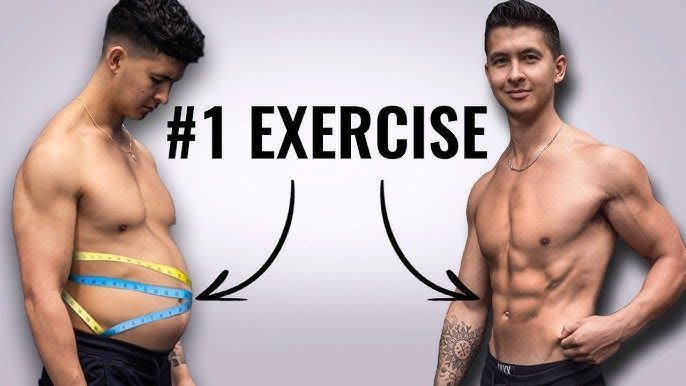Signs You’re Overtraining and How to Recover
Training consistently is essential for improving your physical fitness and achieving your performance goals. However, there is a fine line between pushing yourself to your limits and overtraining. Overtraining occurs when you exceed your body’s ability to recover from exercise, leading to a decline in performance, increased risk of injury, and negative effects on your overall health.
Recognizing the Signs of Overtraining
It’s crucial to be aware of the signs that you may be overtraining so that you can make adjustments to your training routine and avoid long-term consequences. Here are some common signs of overtraining:
1. Persistent Fatigue
Feeling constantly tired, even after a good night’s sleep, can be a sign of overtraining. Your body needs time to rest and recover after intense workouts, and if you’re not giving it enough time to recover, you may experience persistent fatigue.
2. Decreased Performance
If you’ve noticed a sudden decline in your performance despite putting in the same amount of effort or even more, it could be a sign of overtraining. Overtraining can lead to decreased strength, endurance, and overall performance.
3. Increased Resting Heart Rate
A higher resting heart rate than usual can indicate that your body is under stress from overtraining. Monitoring your resting heart rate regularly can help you identify if you’re overtraining.
4. Insomnia or Difficulty Sleeping
Overtraining can disrupt your sleep patterns, making it difficult to fall asleep or stay asleep throughout the night. Poor sleep quality can further impact your recovery and performance.
5. Mood Swings or Irritability
Overtraining can also affect your mental health, leading to mood swings, irritability, and even symptoms of depression. Exercise is supposed to be a stress reliever, not a stressor.
Recovering from Overtraining
If you suspect that you’re overtraining, it’s essential to take steps to recover and prevent further damage. Here are some strategies to help you recover from overtraining:
1. Rest and Recovery
Give your body the time it needs to rest and recover. Take a break from intense workouts and focus on low-impact activities like yoga, stretching, or walking. Make sure you’re getting enough sleep to support your body’s recovery.
2. Proper Nutrition
Eat a well-balanced diet that provides your body with the nutrients it needs to repair and recover. Make sure you’re consuming enough protein to support muscle recovery and enough carbohydrates to fuel your workouts.
3. Hydration
Stay hydrated to help your body flush out toxins and aid in recovery. Drink plenty of water throughout the day, especially before, during, and after your workouts.
4. Listen to Your Body
Pay attention to how your body feels during and after workouts. If you’re feeling excessively fatigued, sore, or unmotivated, it may be a sign that you need to dial back your training intensity.
5. Seek Professional Help
If you’re struggling to recover from overtraining on your own, don’t hesitate to seek help from a professional. A coach, physical therapist, or sports psychologist can provide guidance and support to help you overcome overtraining and get back on track.
Remember, it’s essential to prioritize your health and well-being above all else. Listen to your body, rest when needed, and make adjustments to your training routine to prevent overtraining from derailing your fitness goals.
By recognizing the signs of overtraining and taking proactive steps to recover, you can avoid long-term negative effects on your physical and mental health and continue to make progress towards your fitness goals.
Stay tuned to our blog for more articles on training, recovery, and overall wellness in the tech niche.


